T4K3.news
Fewer resident doctors on strike during NHS stoppage
Strike turnout is believed to be lower this year, reducing potential disruption to NHS services.

Strikes see lower turnout with hopes for reduced disruption to NHS services.
Fewer resident doctors join NHS strike compared to last year
Thousands fewer resident doctors joined picket lines on Friday during the first day of a five-day strike compared to last year's massive turnout. NHS England, which will release official attendance data next week, has noted that hospital leaders reported fewer strikers and less disruption. Amid these observations, hospital CEOs have been advised to try to maintain routine services as much as possible. NHS chief executive Jim Mackey indicated that hospitals have adapted their strategies to minimize harm to patients during strikes, while Health Secretary Wes Streeting described the strike as reckless, emphasizing that patients would still feel its effects with many appointments and procedures cancelled. The British Medical Association (BMA) has not disclosed numbers regarding strike participation but has called for doctors to assist in high-demand areas. Participation in the current strike is lower due to a smaller voting mandate for action by BMA members compared to the last major strikes. While the BMA seeks a 29% pay increase to fully restore doctors' salaries to pre-2008 levels, the government has only offered a 5.4% rise for the upcoming year.
Key Takeaways
"We know that there have been operations, appointments and procedures already cancelled."
Health Secretary Wes Streeting acknowledges the immediate impacts of strikes.
"A clear, guaranteed pathway to pay restoration is required for resident doctors to return to work."
BMA council chair Dr Tom Dolphin emphasizes the need for guaranteed salary restoration.
"This strike threatens to turn back the clock on progress we have made in rebuilding the NHS."
Labour leader Keir Starmer expresses concern over the timing of the strikes.
"The NHS was taking a new approach after learning from previous strikes."
NHS chief executive Jim Mackey reflects on lessons learned from past industrial actions.
The apparent decrease in turnout among striking resident doctors could signal a shift in the balance between labor actions and public willingness to support them. If the current strike results in minimal disruption, it may weaken future bargaining power for the BMA. However, the reasons for the lower turnout are multifaceted, including potential union fatigue and differing member priorities. The government's position can also reflect a broader political landscape regarding public services, where the pressure to maintain functionality amid strikes has never been higher. Health Secretary Wes Streeting's remarks indicate a significant tension between government officials and health workers, emphasizing the need for compromise in the face of mounting pressures to maintain service.
Highlights
- Lower numbers suggest tiredness from years of strikes.
- The NHS needs to adapt to maintain essential services during strikes.
- Participants remain committed to ensuring patient safety throughout.
- We cannot let strikes disrupt the recovery of our health system.
Concerns over NHS strike impact on services
Lower turnout in the NHS strike may limit disruption, yet significant cancellations are already reported, raising tensions over patient safety and care provision.
The outcome of this strike may shape future negotiations between the BMA and the government.
Enjoyed this? Let your friends know!
Related News
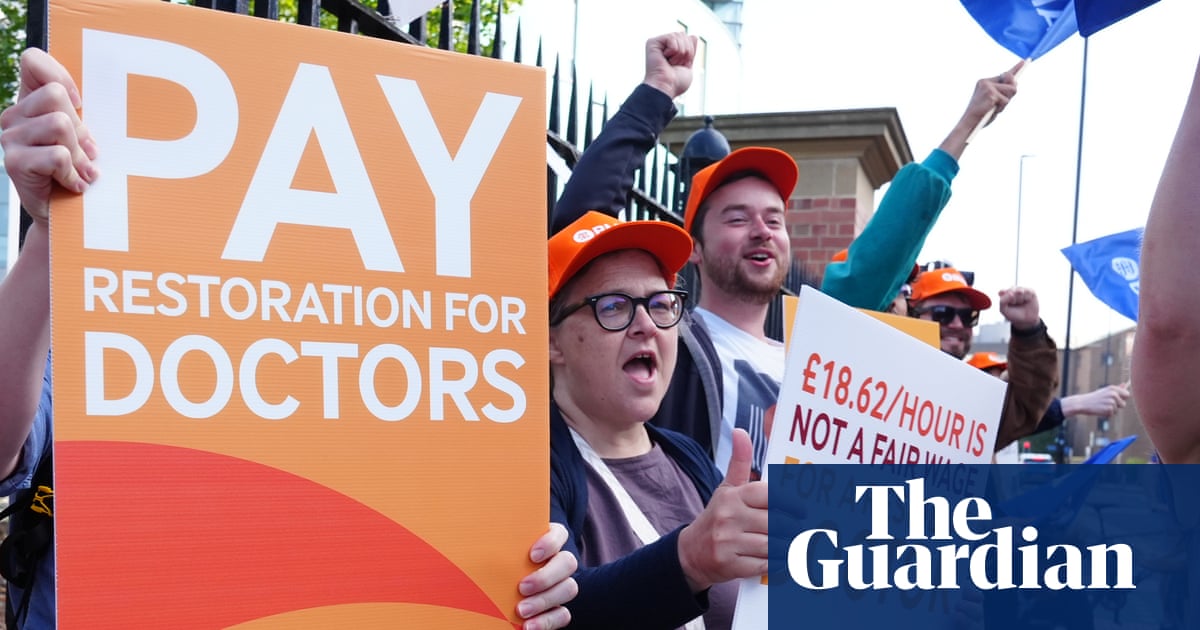
BMA disputes NHS claim on resident doctors' strike participation
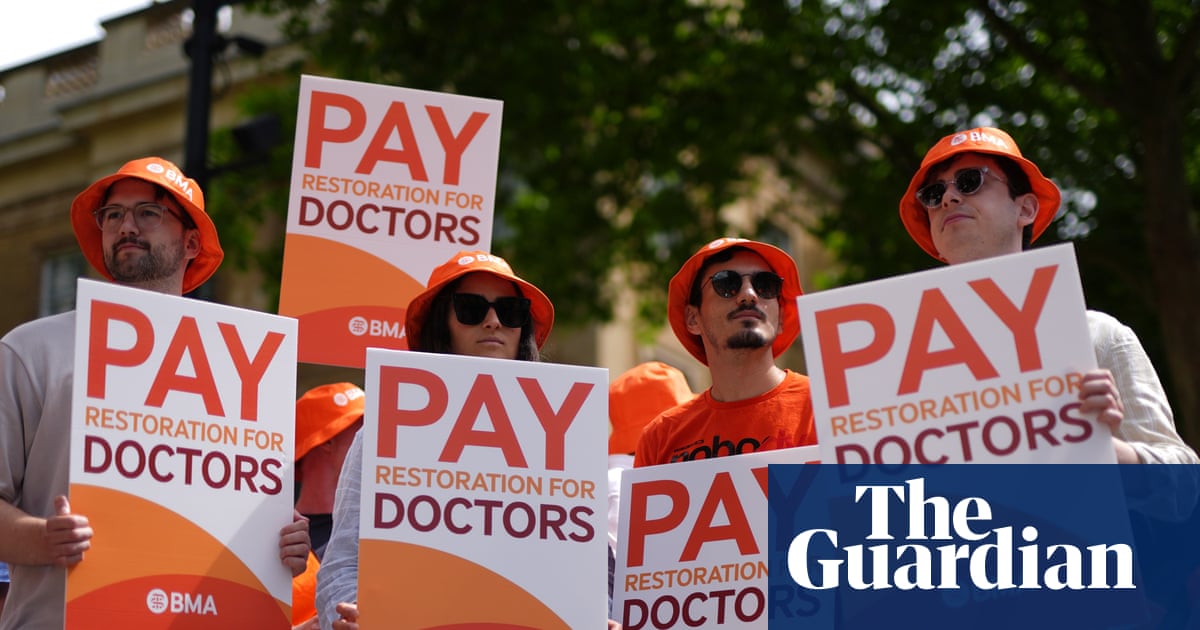
BMA warns NHS plans jeopardize patient safety during doctors' strikes
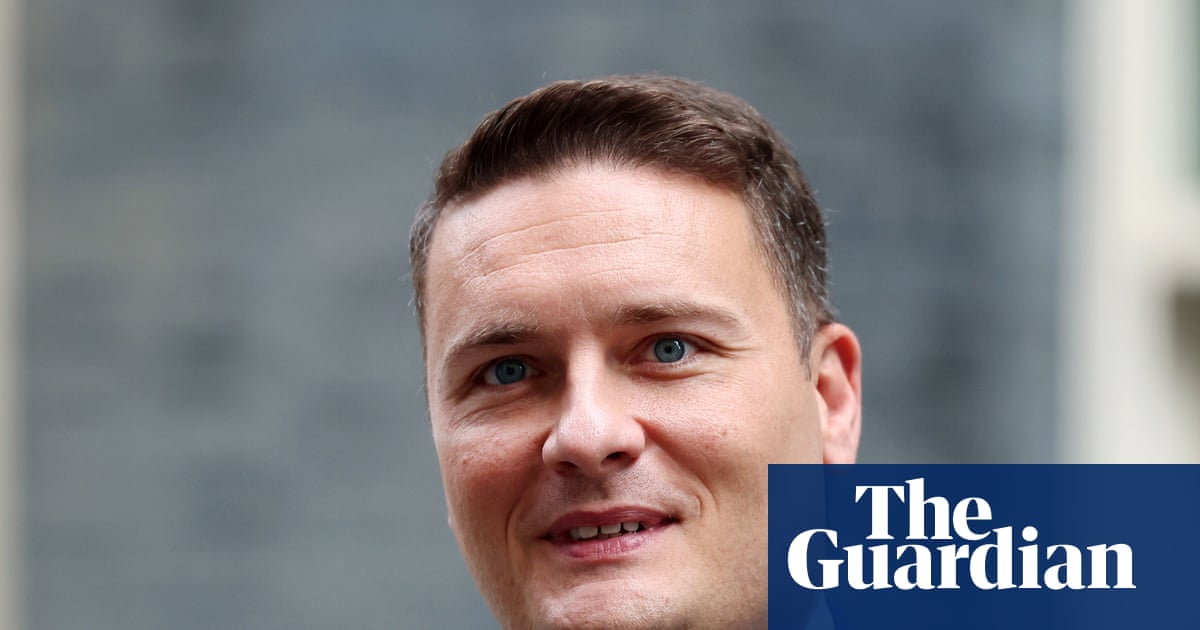
Wes Streeting warns against resident doctors’ strike
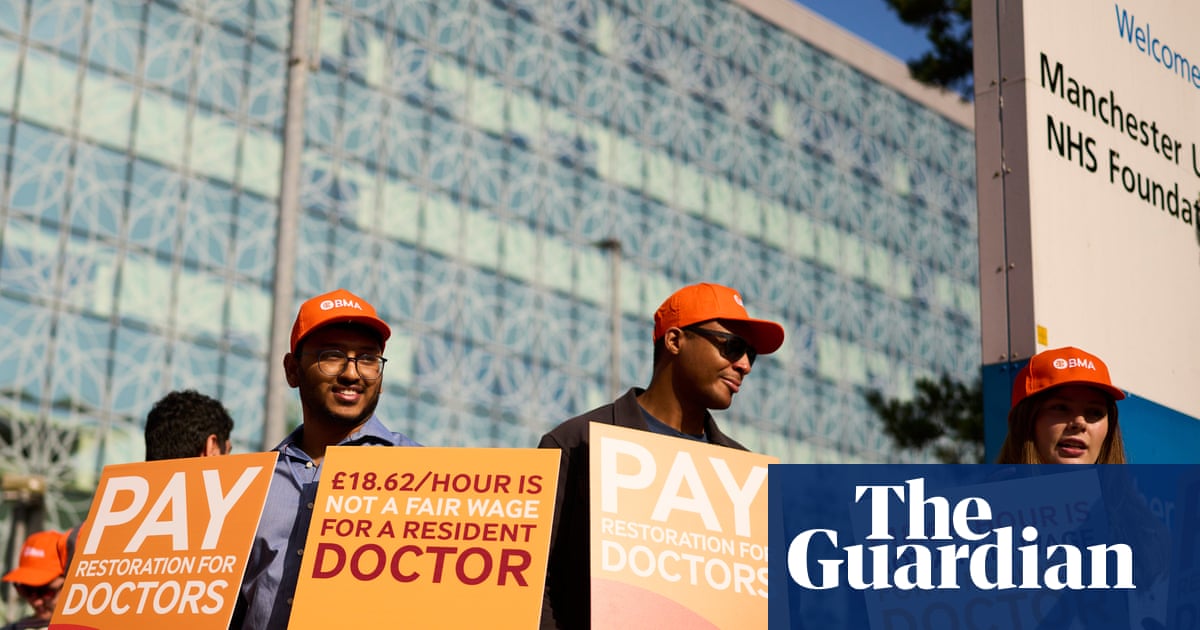
Wes Streeting warns doctors cannot win against the government
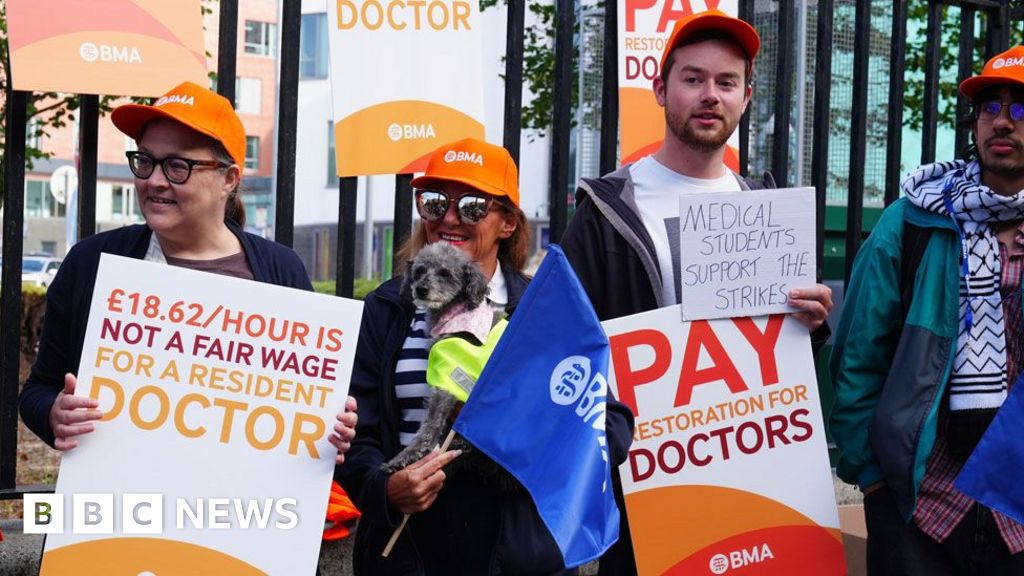
NHS faces challenges as doctor strike begins
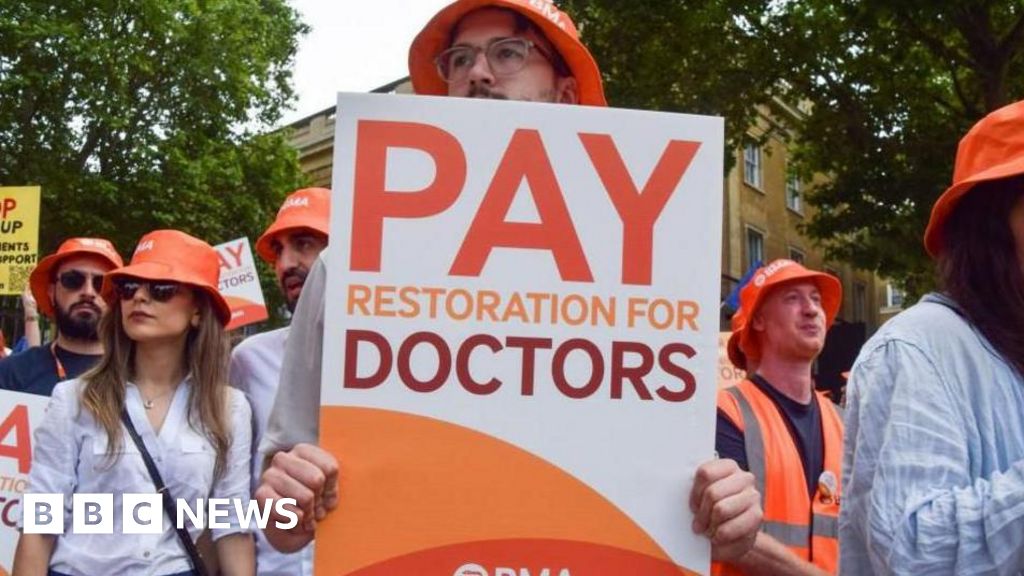
Resident doctors in England begin five-day strike
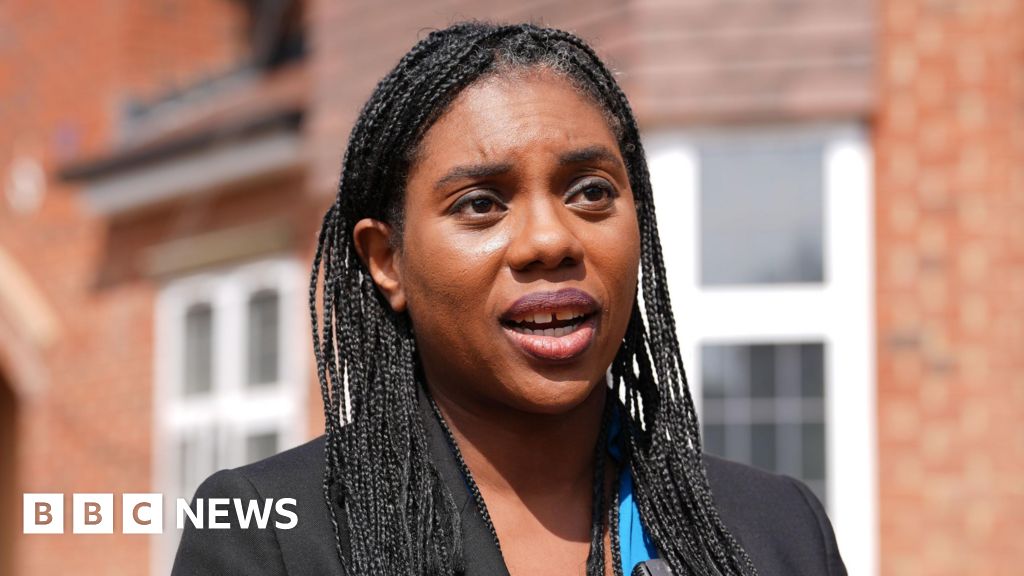
Badenoch proposes strike ban for NHS doctors

Medical Colleges urge doctors to inform hospitals about strike plans
